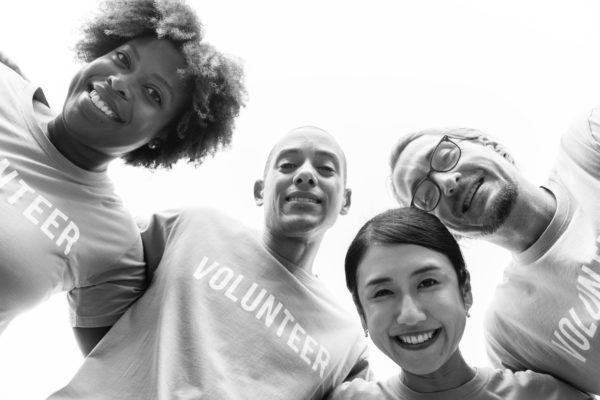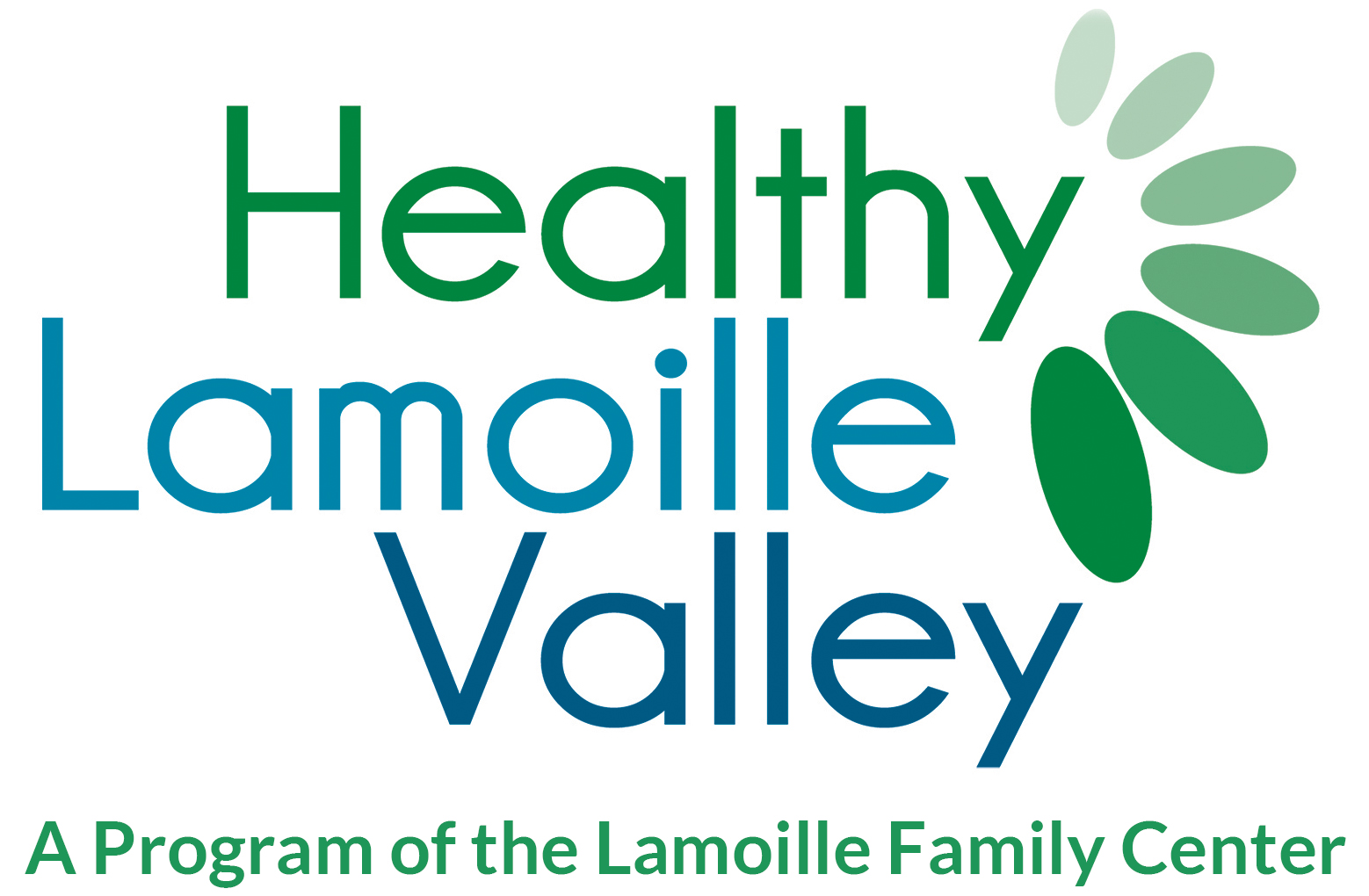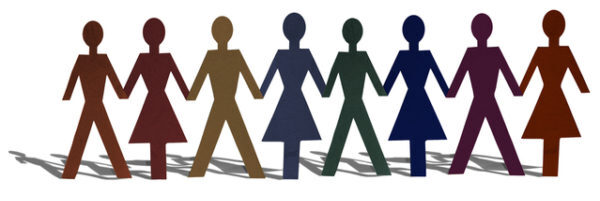
Guest Blogger: Julie Bomengen
Julie is a Vermont Licensed Clinical Mental Health Counselor (LCMHC) with 23 years of experience in the field of mental health. Julie is also a Nutritional Therapy Consultant (NTC), a certification of the Nutritional Therapy Association. She lives, works and plays in Lamoille County.
A client reported to me in session recently that something “just felt different” over her weekend. What she was ultimately able to identify is that she felt like she and her kids were becoming a part of her community. We spent time in session discussing what community means and why it matters. According to Sorab Asora, community means “empathy, inclusion and belonging, a sense of purpose, cultural understanding and exchange of ideas.” This sense of connection or belonging is what helps people thrive physically, mentally, and emotionally, which is why it is another critical Pillar for Mental Health.
According to Martin Seligman – a leading psychologist and founder of “Positive Psychology” – regardless of where you find your community, becoming a part of one is a major factor in being happy and balanced. Seligman asserts that community helps to foster the characteristics (positive emotion, engagement, relationships, meaning and accomplishments) that produce healthy and happy members of society.
Indeed, involvement in a supportive and caring community and having positive personal and intimate relationships that are enduring, loving, and reliable is essential to experiencing true connection – something that humans desire and arguably need on the deepest of levels. While my personal bias is to encourage these connections to be in real-time and in-person, I have learned that quality connections that are being made online have similar positive impacts. Still, my hope is that those individuals who are spending a significant amount of time connecting online also have opportunities for meaningful, face-to-face interactions on a regular basis. There is much being written stating that online relationships are not a direct substitute for the human contact that we all benefit from. Regardless of where the connections occur, the kindness and care that comes from another human being — someone to witness our suffering, validate our stories and experiences, and to simply matter to someone despite our imperfections — can make all the difference in terms of an individual’s mental and emotional well-being.
From a Psychology Today article entitled, “On Belonging”:
“recent neuroscience studies have revealed that the brain uses similar circuits to deal with our social pleasures and pains as with our more tangible delights and woes. For instance, the brain’s reward system has been shown to respond as strongly to social rewards (e.g. social recognition) as it does to money. On the other hand, when social ties come undone and connections are severed, the resulting social injuries may not only become sources of copious ill-effects, but may also affect our brains in similar ways as physical injuries would. Thus, as some neuroscientists have suggested, human beings could be wired to feel pain when we are bereft of social connection, just as evolution has wired us to feel pain when we are deprived of our basic needs (e.g. food, water, and shelter).”
What you can do today!
- Make a goal to do something with another person in your life at least one time/week. Enjoy a walk and talk or peddle your bike, meet at a cafe for food and drink, visit an art gallery together, see some local community theater, go for a drive, wade in a river, or go for a swim in a lake. Anything goes, as long as it’s done on a regular basis, with another person you feel you can trust and be yourself with.
- Take a chance and reach out to someone you like, but haven’t spent much time with. Extend yourself and approach the idea of connection, working to deepen the relationship, knowing how it can feed your spirit and boost your mood.
- Look for ways to become involved in your community, thinking about ways to match your interests with the needs of your specific community. There are an infinite number of areas for engagement. For example, if you’d like to help out with seniors, think about serving on the board of “Meals on Wheels” or volunteering at the Senior Center. If that’s not your preferred population, talk with your local school’s volunteer coordinator to find out whether you can help with their mentoring, after school, or school garden programs. There are opportunities at the North Central Vermont Recovery Center, libraries, second hand clothing stores, your local food cooperative (MOCO), local farms, community food shelf, and more!
- Think about taking a class in your community. There are endless opportunities to get involved and learn something new – no matter your age! Check out events and activities being offered at such places as Morrisville’s River Arts, Community College of Vermont, Green Mountain Technology Center, Northern Vermont University, UVM’s Adult Learning, music classes with local musicians and educators, pottery, art, or photography classes with some of Lamoille County’s amazing artists.
- If you are certain that the relationships in your life aren’t serving you and you need to change them up or possibly end them, think about reaching out to a local counselor for support. Talking with someone can truly make the difference between remaining in and suffering in dysfunctional relationships and finding the will and agency to make the changes that can support your overall health (physical, emotional, mental and spiritual) and happiness.
The experiences that come with direct, face-to-face relationships are meaningful in ways that can’t always be quantified. The research is there, no doubt, but more importantly, is the intuitive sense we all have that when we are in a flow with and connected with others, we feel better. We feel we belong and that we matter. In all of my work, with everyone I’ve ever worked with, this is a universal desire and one that is indeed worth pursuing.
References:
Sorab Asora – No Stigmas “Community Engagement and Positive Mental Health” May 2017
Seligman, M.E.P. (2011). Flourish: A visionary new understanding of happiness and well-being. Sydney: Random House.
Pogosyan, Marianna, Psychology Today, “On Belonging” April 2017.
Resources to Further your Education and Information:
https://www.psychologytoday.com/us/blog/between-cultures/201704/belonging
https://www.psychologytoday.com/us/blog/rethinking-mental-health/201603/gregg-levoy-meaningful-work
https://choosework.ssa.gov/blog/2016-05-27-mental-illness-on-meaningful-work-and-recovery
https://nostigmas.org/learn/community-engagement-and-positive-mental-health
Raz, G. (Producer). (June 10, 2016) Becoming Wise (Audio Podcast) https://www.npr.org/programs/ted-radio-hour/481290551/becoming-wise
Originally published August 20, 2019 on Live Well Lamoille.

